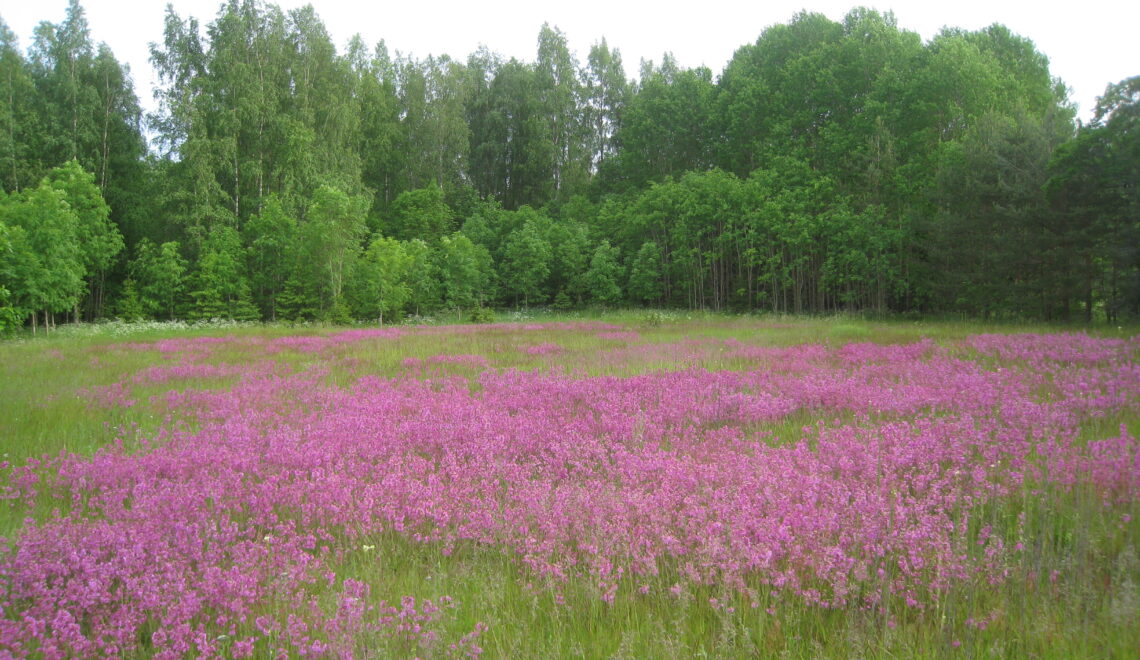There is an increasing concern that climate change may have undermining impacts on security, all the way from global to the individual level. Both climate change impacts and the efforts to mitigate and manage climate change have the potential to create threats to people, ecosystems, and the stability of societies. There is a need to build knowledge on climate security impacts, and to evaluate if a new kind of comprehensive security thinking and actors are needed.
SANNA ERKAMO1,2, EMMA HAKALA2, HEIKKI TUOMENVIRTA1, JUHA PYYKÖNEN3, KATI BERNINGER4, ORAS TYNKKYNEN4, ANTTO VIHMA2
1Finnish Meteorological Institute
2Finnish Institute of International Affairs
3Security Analysis Oy
4Tyrsky Consulting
Climate change may threaten the stability and security of society in many ways, and its effects are expected to intensify in the coming decades. Both the changing climate, and ambitious mitigation efforts create new uncertainties and risks (Erkamo et al. 2021). These range from adverse health effects caused by extreme weather events to disruptions in the international production chains, and all the way to conflicts related to the use and management of natural resources on a global scale.
In addition to direct climate and weather-related risks, climate change also acts as a threat multiplier. Cascading effects can have far-reaching and unpredictable consequences. Local climate impacts can cause transboundary effects around the world through global impact chains. Climate change impacts are so comprehensive that they will inevitably shape international relations, economies, migration, and inter-group tensions.
In order to limit climate change, the emissions of greenhouse gases need to be reduced drastically. Meeting the targets set out in the Paris Agreement also requires removal of greenhouse gases from the atmosphere by deliberate human actions. Therefore, effective climate change mitigation requires structural changes and systemic societal effort.
Climate change as a driver for change in the security context has been discussed in Finnish Government Report on Finnish Foreign and Security Policy and the National Risk Assessment (Ministry of Interior 2019). Research on the threats caused by climate change has recently expanded to include climate change as a global security threat.
Although Finland, as a relatively wealthy and well-functioning society, is quite well-positioned to adapt to local impacts of climate change, it might not be as prepared for societal challenges brought on by the more complex international dynamics. Developments in international climate politics, technological change in mitigation of greenhouse gases, and climate-related disturbances to global markets may have more significant impact for Finnish security than the direct and local effects of climate change.
The Finnish Institute of International Affairs (FIIA), the Finnish Meteorological Institute, Security Analysis Oy and Tyrsky Consulting are jointly conducting a research project titled “Finland and Climate Security in an Interdependent World”. The main goal of the project is to examine the wide-ranging climate security effects in Finland and the ways in which the Finnish Comprehensive Security Model can be utilised in preparing for them. The project will conclude in May 2021.
The Comprehensive Security Model is “a Finnish preparedness cooperation model in which the vital functions of society are looked after through cooperation between the authorities, the business community, organisations and citizens.” (Government Resolution 2017) The model standardizes national preparedness across administrative boundaries and guides administrative branches’ specific strategies.
Recent research stresses that climate security challenges cannot be met exclusively through measures associated with security policy in the narrow sense. The impacts of climate change on security should be addressed with risk assessments, but it is also necessary to integrate political, economic and societal perspectives into these analyses and preparedness-building in general. (Hakala et al. 2019a)
To fill current knowledge gaps, inter-disciplinary research on the geopolitical and structural environmental security impacts is required. A co-research approach between researchers and policy-makers or practitioners may help to raise awareness on the potential consequences as well as to find actionable, effective policy responses. A wide participation from different administrative sectors is appreciated in the development of solutions because policy recommendations are likely to require crosscutting administrative cooperation. (Hakala et al. 2019b)
The “Finland and Climate Security in an Interdependent World” is a participatory research project that consists of four phases: literature review, scenario work, expert workshops, analysis and co-development of policy recommendations. Possible climate security impacts are identified through a literature review, document analysis and expert interviews. The review is used to create practical security scenarios that will be elaborated together with experts in administration and other stakeholders. Scenarios are used to identify weaknesses in the current policies and practises, and to co-develop potential solutions to improve preparedness in expert workshops.
The project will provide a systematic categorization and description of the climate security effects in line with Finland’s Comprehensive Security Model. In addition, the project explores whether the current Comprehensive Security Model is sufficient in preparing for identified climate security impacts and how the Model could be improved.
Acknowledgements: We thank the Finnish Government’s 2020 analysis, assessment and research activities (VN TEAS) for their funding and the project’s Steering Group nominated by VN TEAS for their guidance.
References:
Erkamo, S., et al., 2021: Security implications of climate change in Finland. Reports, Finnish Meteorological institute. (Report in Finnish with Abstract in English) in preparation.
Government Resolution, 2017: Security Strategy for Society 2017, The Security Committee, Helsinki, https://turvallisuuskomitea.fi/wp-content/uploads/2018/04/YTS_2017_english.pdf
Hakala, E., et al., 2019a: Northern Warning Lights: Ambiguities of Environmental Security in Finland and Sweden, Sustainability, 11(8), 2228, https://doi.org/10.3390/su11082228
Hakala, E., et al., 2019b: A lot of talk, but little action—The blind spots of Nordic environmental security policy, Sustainability, 11(8), 2379, https://doi.org/10.3390/su11082379
Ministry of Interior, 2019: National risk assessment 2018. Publications of the Ministry of the Interior 2019:5, pp. 70. Helsinki. (Report in Finnish with Abstract in English), http://urn.fi/URN:ISBN:978-952-324-245-6
HOW TO CITE THIS ARTICLE:
Erkamo S., Hakala E., Tuomenvirta H., Pyykönen J., Berninger K., Tynkkynen O., and Vihma A., 2021: Climate Security in an Interdependent World – Examining Climate Change in Finland’s Comprehensive Security Model Context, FMI’s Climate Bulletin: Research Letters, 3(1), 18–19, DOI: https://doi.org/10.35614/ISSN-2341-6408-IK-2021-06-RL
CITATION INFORMATION:
Authors: Sanna Erkamo, Emma Hakala, Heikki Tuomenvirta, Juha Pyykönen, Kati Berninger, Oras Tynkkynen, and Antto Vihma
Received: September 22, 2020
Accepted: April 30, 2021
First online: May 28, 2021
Published: June 24, 2021
Journal: FMI’s Climate Bulletin: Research Letters
Volume: 3
Issue: 1
Pages: 18–19
DOI: https://doi.org/10.35614/ISSN-2341-6408-IK-2021-06-RL
Header image: City vector created by upklyak – www.freepik.com




